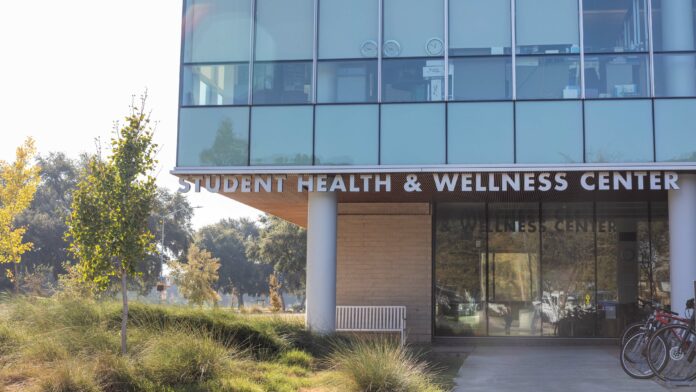With some states rolling back abortion rights, California becomes first state to offer this type of abortion on college campuses
Starting in 2023, both the UC and California State University (CSU) systems will provide on-campus access to medication abortions or “the abortion pill.” Signed on Oct. 11, the goal of Senate Bill 24 is to increase equity in regards to who has access to this procedure.
Written by California State Senator Connie Leyva, this bill is the first in any state to require such services be offered at public universities.
The idea for the bill first originated with Students United for Reproductive Justice at UC Berkeley. Soon after, the movement became a statewide campaign through the involvement of The Women’s Policy Institute and a multitude of other organizations.
“Abortion is a protected right, and it is important that everyone — including college students — have access to that right, if they so choose,” Leyva said in a statement.
Leyva has worked on the passage of this bill for three years — a previous version of the bill reached the desk of former Gov. Jerry Brown in 2018. Brown vetoed the bill, arguing that access to abortion services off-campus were widely available.
Students for Reproductive Freedom is a student-run organization associated with a chapter of Planned Parenthood at UC Davis. The organization works toward reproductive justice through education and advocacy. Lauren Low, a fourth-year community and regional development major, is the co-founder and current president of the UC Davis chapter. She stressed the importance of access to medication abortion, as it is a time-sensitive prodecure.
“You can only get medicated abortion during the first 10 weeks of pregnancy,” Low said. “Most people don’t realize they’re pregnant until four to six [weeks].”
Low stressed the safety of this procedure, saying “it’s safer than both Viagra and Tylenol.”
“Carrying your pregnancy to term is significantly more risky than this procedure, especially for people of color and people who face implicit bias in the healthcare system,” Low said.
Approximately 62% of students at California’s public universities are more than 30 minutes away from the closest abortion facility when using public transportation, according to a 2018 study published by the Journal of Adolecent Health. The same study said that the average cost of a medication abortion was $604.
At UC Davis, the nearest Planned Parenthood is in Woodland — 20 minutes away by car and an hour by public transportation.
“There are some students who cannot bring their cars on campus,” said Jessy Rosales, campus coordinator of Southern California for JustCARE, an organization highly involved in the passage of SB 24. “There are some students who may not have the funds to even take public transportation [or pay for the fees of the procedure].”
JustCARE organized both student lobby days and days for students to go to committee hearings in order to voice their support for SB 24. Students for Reproductive Freedom encouraged UC Davis students to attend the committee hearings and, during lobby days, met with representatives to discuss its importance.
In addition, Students for Reproductive Freedom held a phone bank stationed at the MU where they urged students to make a quick phone call to their representatives in order to voice support for the bill. They also advocated for voicing concerns via social media, tagging representatives and UC Davis’ chancellor on posts about the subject.
SB 24 affects more than just students in California attending public university. At a time when other states are rolling back abortion access, the passage of this bill has served as inspiration for individuals across the state and the country.
“One of the big impacts of this bill is the fact that it [has] let this new generation of reproductive justice activists really become strong and solidified,” Low said, adding that SB 24 has “inspired a few people to actually start their own productive justice organs on their campuses.”
Now that JustCARE has completed its first goal of passing SB 24, it is turning its efforts toward working with students and health centers for the next three years “to make sure that this process is very seamless,” Rosales said.
Written by: Jessica Baggott — campus@theaggie.org




